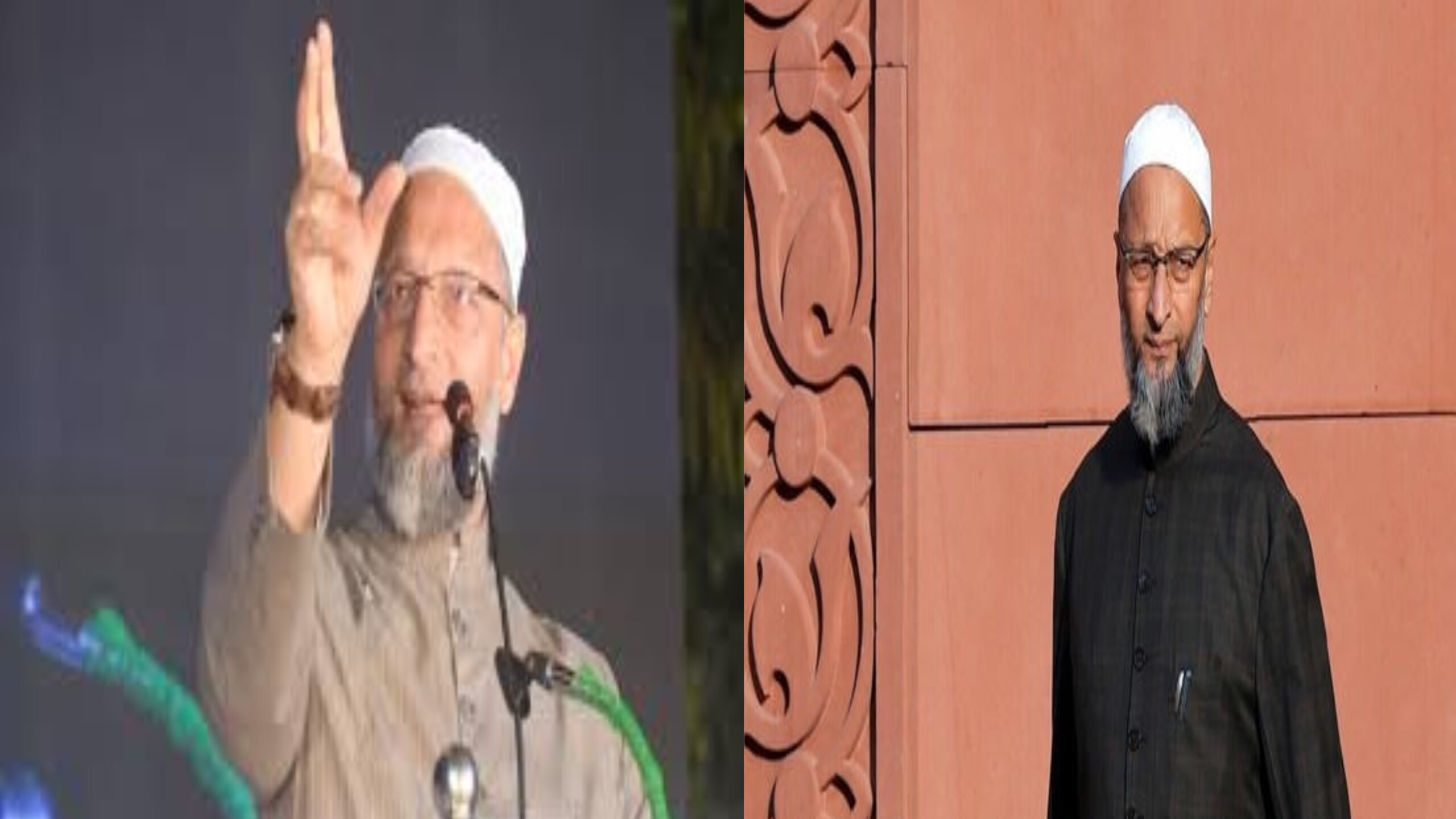Asaduddin Owaisi, the chief of the All India Majlis-e-Ittehadul Muslimeen (AIMIM), has voiced strong opposition to the concept of ‘One Nation, One Election,’ characterizing it as a potential “disaster” for Indian democracy and federalism. Owaisi contends that the proposal lacks constitutional permissibility, necessity, and viability, terming it a “solution searching for a problem.”
He emphasized that simultaneous elections are neither constitutionally permissible nor necessary, questioning the government’s rationale behind such a significant policy shift. According to Owaisi, past consultations on the matter have failed to justify the need for this change in India’s democratic structure.
Owaisi highlighted the absence of a clear rationale from key entities such as the Parliamentary Standing Committee, NITI Aayog, and the Law Commission. He expressed concern that the focus has been primarily on how to implement the proposal rather than addressing the fundamental question of its constitutional permissibility. The AIMIM chief stressed that the high-level committee, like its predecessors, is flawed in its approach, centering on creating a legal and administrative framework for permanent simultaneous elections without thoroughly examining its constitutional feasibility.
The politician argued that elections are not mere formalities and voters are not rubber stamps. He dismissed the consideration of administrative convenience or economic viability as “weak” factors in determining the timing of elections. Owaisi drew attention to the potential absurdity of subjecting constitutional requirements to financial or administrative considerations, questioning whether permanent civil services, police, or the recruitment of judges should be eliminated based on cost concerns.
Furthermore, Owaisi urged the high-level committee to scrutinize the constitutional viability of such fundamental changes to India’s democratic structure. He emphasized that the proposal for ‘One Nation, One Election’ is, in his view, a misguided solution in search of a problem, lacking the necessary constitutional, practical, and ethical foundations.
Notably, Owaisi is not alone in his opposition to the idea. West Bengal Chief Minister Mamata Banerjee also rejected the concept, stating that it goes against the country’s federal structure. Banerjee argued that, despite the dramatic appeal of the phrase, it poses a threat to the decentralized nature of the Indian political system.
The high-level committee, chaired by former President Ram Nath Kovind, has invited public suggestions to enable simultaneous elections in the country by making appropriate changes in the existing legal administrative framework. However, the resistance from political leaders like Owaisi and Banerjee underscores the contentious nature of this proposed shift.
In summary, Asaduddin Owaisi strongly opposes the ‘One Nation, One Election’ proposal, citing constitutional concerns, lack of necessity, and potential damage to India’s federal structure. His letter to the high-level committee emphasizes the need for a thorough examination of the proposal’s constitutional viability and questions the rationale behind such a significant policy change. The broader resistance from political figures like Mamata Banerjee highlights the ongoing debate over the potential implications of moving towards simultaneous elections in India.

